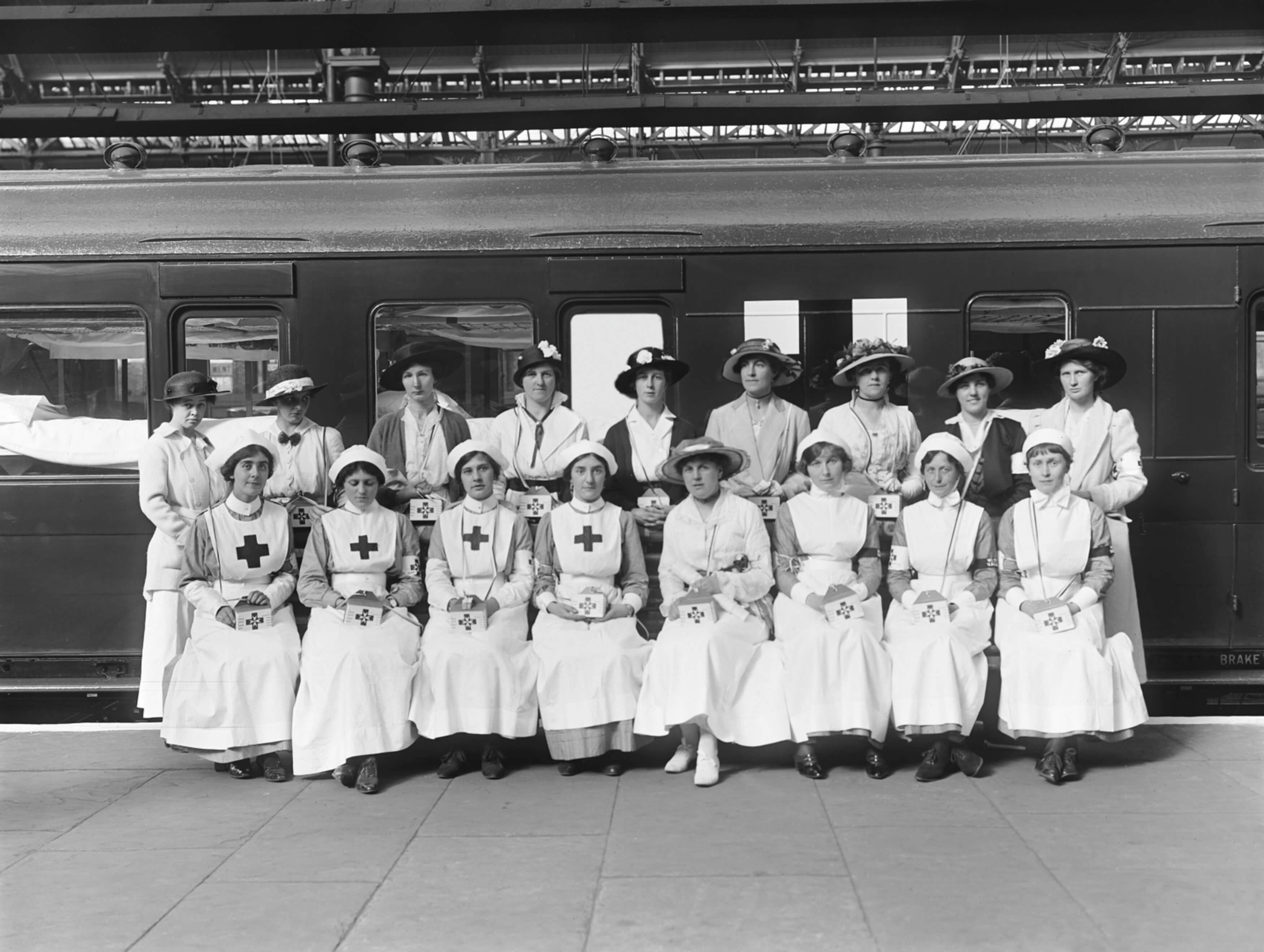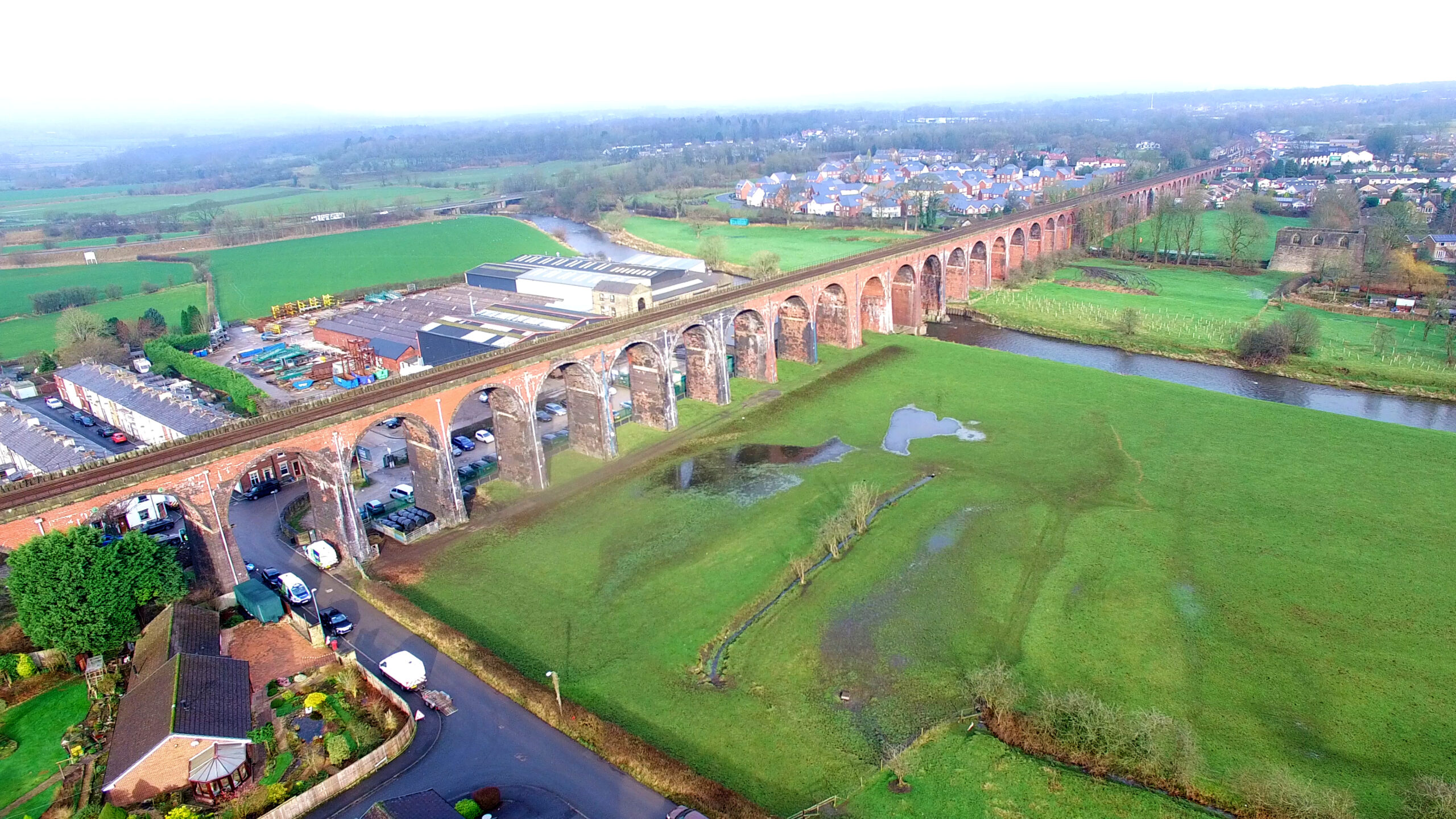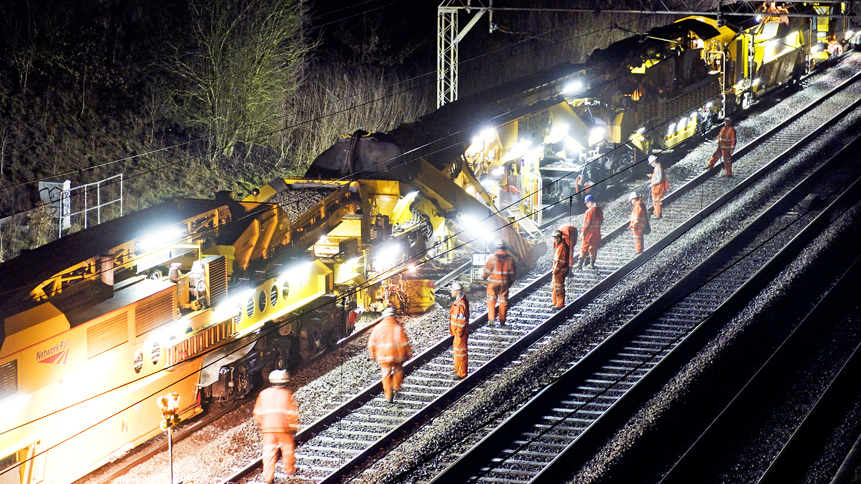This year marks the 100th anniversary of the end of WWI.
The railway played a crucial role during the conflict – a contribution we’re proud to commemorate. The rail industry is working in partnership with The Royal British Legion to say thank you to all who served and sacrificed.
WWI and the railway
When Britain declared war on Germany, it was trains that enabled efficient movement of the British forces and equipment between France and the home front. The trains transported troops, rations, coal, water and artillery across Britain and Europe.

Network Rail supports the Legion’s Poppy Appeal, which provides lifelong support for the armed forces community – serving men and women, veterans, and their families.
This Poppy Appeal, bands will play at some of our railway stations across Britain. We will also hold remembrance services and a minute’s silence on Armistice Day (11 November).
Ian Parker, a senior engineer at Network Rail, will lay a wreath on behalf of Network Rail at the Cenotaph on Whitehall in London on Armistice Day. His great uncle, William Charles Lane, was a railway porter at Orpington Station in Kent and among those who served during the war.
Bill’s story
Born in 1888, William – known as Bill – was a Private and Acting Corporal in the Royal Army Medical Corps. His service in the Medical Corps followed a first aid certificate he had initially been awarded by St John Ambulance Association in 1909 while he worked on the South Eastern & Chatham Railway.
Bill enlisted in the RAMC as a Private in late 1914, undergoing military and battlefield first aid training, before his deployment to the Western Front in January 1915 as an army medic.
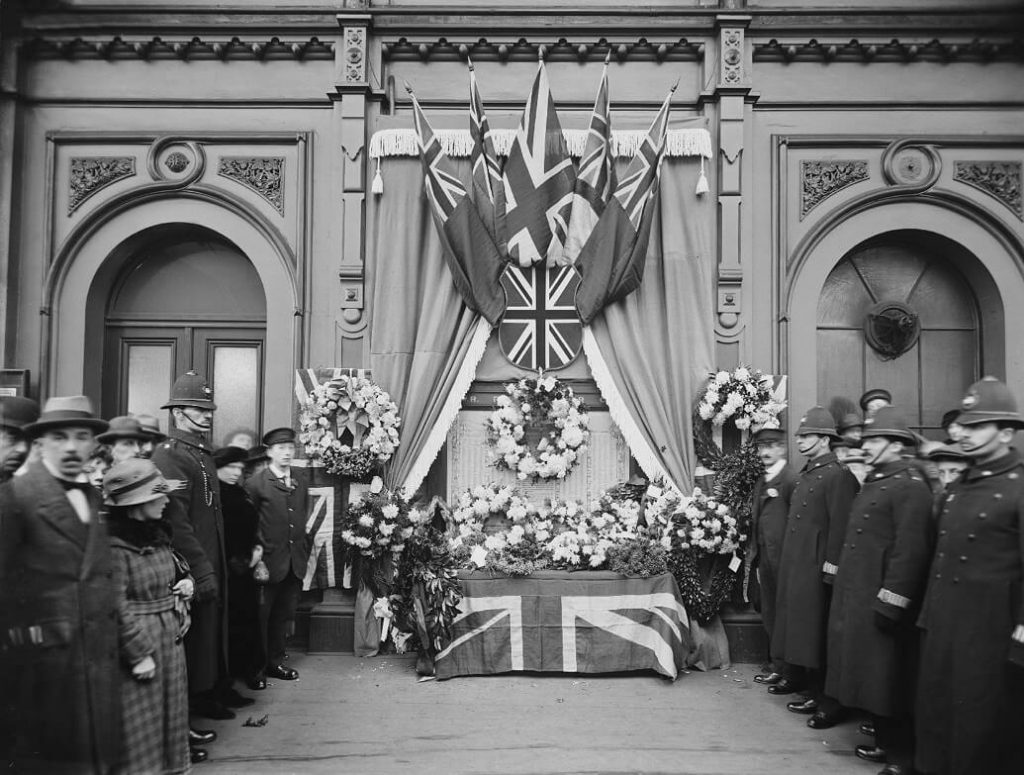
Image credit – The National Railway Museum
Service across the Western Front may have included the full horrors of fighting in locations including the Somme in France and Ypres in Belgium. Bill’s role as a medic would have included recovery of wounded soldiers from the battle field, emergency treatment on the front line, medical support in medical clearing stations and shipping of wounded soldiers from rear distribution zones to medical centres and Britain.
The rear distribution zones would have included shipping to sea ports via the rail system, for which Bill may have been a useful asset in drawing on his rail career before enlistment.
He would have been trained in the skills of a soldier but would not in general have carried a rifle and would not have been expected to fight. As a result, a medic like Bill would have been vulnerable during attacks.
Bill served the full duration of the war and is thought to have also served in Egypt.
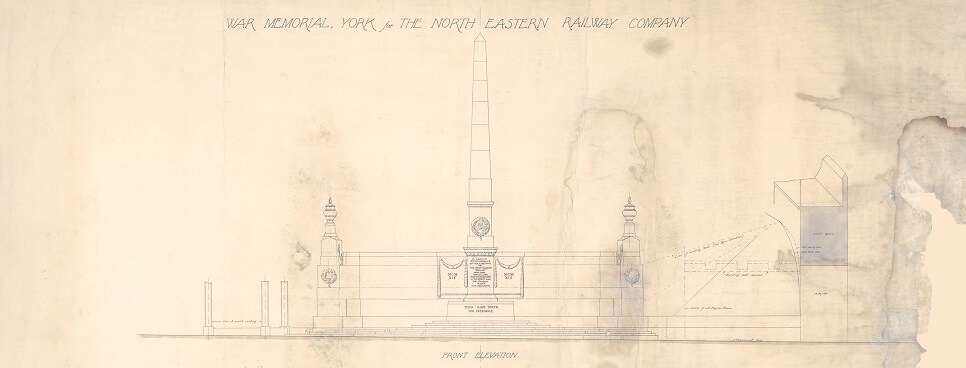
Bill was awarded a set of three campaign medals to WW1, which have been retained by the family. They include: 1914 to 1915 Star, War & Victory Medal, named to 60687 Pte/Acting Cpl W.C. Lane R.A.M.C.
He married Alice in the late 1920s and retired from the railway in 1954. He passed away peacefully in 1973, aged 85.
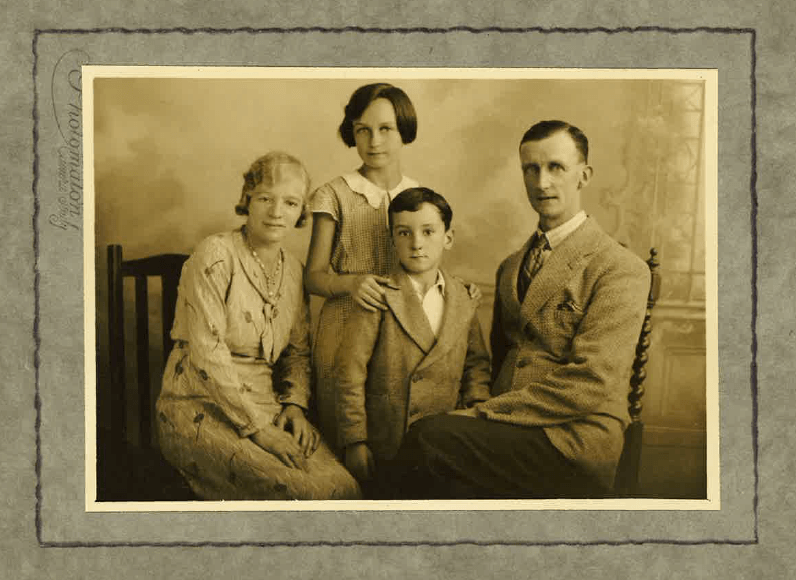
Find out how Network Rail supports former armed forces personnel
Header image – The National Railway Museum
